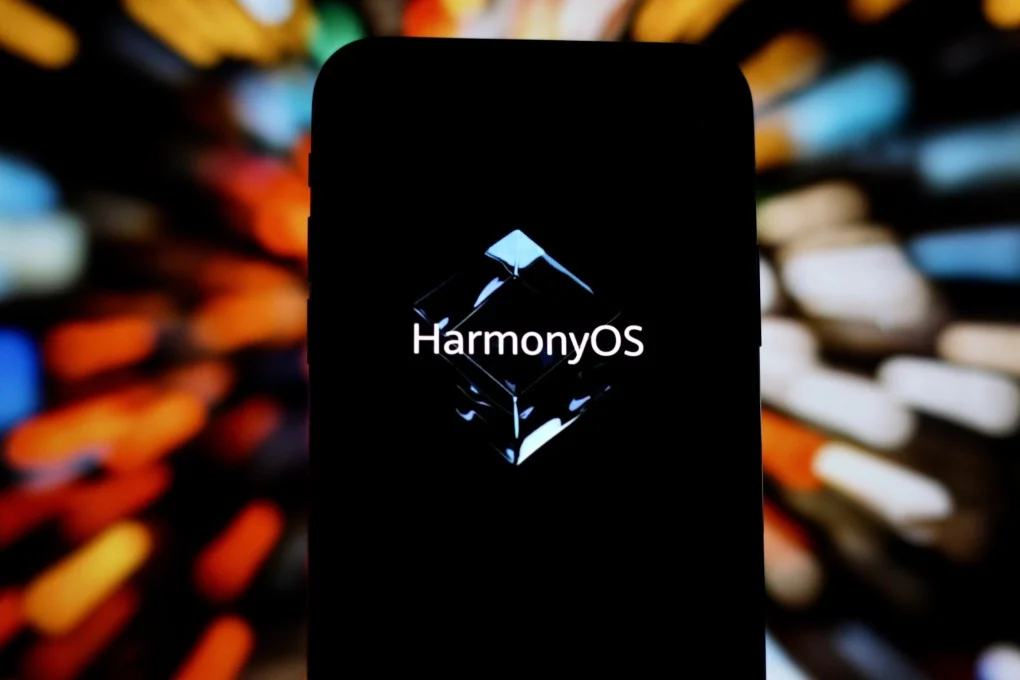Huawei is making headlines once again as it prepares to launch its own homegrown mobile operating system, marking a significant departure from Android. This bold move is set to reshape the mobile technology landscape, as Huawei’s new OS is expected to compete directly with established platforms like Android and iOS. The launch, expected to happen this month, has tech enthusiasts and industry experts alike curious about what the future holds for the Chinese tech giant.
Why Is Huawei Moving Away from Android?
Huawei’s decision to develop and launch its own operating system without Android support comes as a strategic response to the ongoing geopolitical tensions and restrictions imposed on the company. Since Huawei was placed on the US trade blacklist in 2019, it has been restricted from using Google’s Android services, pushing the company to seek alternatives.
In a move to regain control over its software ecosystem, Huawei has accelerated the development of its own OS, aiming to reduce its dependence on external platforms like Android. This step is seen as Huawei’s answer to the limitations imposed by US sanctions, allowing the company to regain its independence in the smartphone market.
Key Features and Expectations from Huawei’s New OS
The upcoming Huawei operating system, reportedly called “HarmonyOS,” has been in development for several years. Unlike Android, which relies on Google’s services, HarmonyOS is expected to offer a completely independent ecosystem for users. Here are some key features that the new OS might bring:
- Seamless Integration Across Devices: HarmonyOS is designed to work across a wide range of devices, including smartphones, tablets, smartwatches, and even home appliances. This cross-device functionality could give Huawei a competitive edge in the growing market for interconnected smart devices.
- Enhanced Security and Privacy: With global concerns over data privacy and security growing, Huawei’s new OS could prioritize these aspects, offering users a more secure mobile experience without relying on third-party applications or services.
- Compatibility with Existing Apps: One of the biggest questions surrounding HarmonyOS is its compatibility with Android apps. Huawei may have developed ways to ensure that users can still access popular apps that were previously available on Android devices, though this remains to be seen.

The Potential Impact on the Global Smartphone Market
Huawei’s move to launch its own OS could significantly alter the dynamics of the global smartphone market. By breaking away from Android, Huawei has the opportunity to establish itself as a dominant player with its unique ecosystem. However, the company faces several challenges:
- Gaining User Trust: One of the main hurdles Huawei must overcome is gaining user trust and loyalty. Convincing users to switch from established platforms like Android or iOS to a completely new operating system could be challenging, especially without the familiar app ecosystem of Google Play.
- Developer Support: For any new operating system to thrive, developer support is essential. Huawei will need to build a strong developer community to ensure that popular apps and services are available on its platform. This could be a difficult task, given the current dominance of Android and iOS in the app development space.
- Global Adoption: Huawei will likely focus on its home market in China first, where it already has a strong user base and government support. However, expanding globally may take time, as the company navigates geopolitical challenges and builds partnerships with international developers and carriers.
What This Means for Android and Google
Huawei’s decision to go solo with its operating system is a significant development for Google and its Android ecosystem. Losing a major player like Huawei could impact Android’s dominance in the global smartphone market, particularly in China, where Huawei has a massive user base.
For Google, this could mean heightened competition in regions where Huawei remains strong. While Android is not expected to lose its leading position anytime soon, Huawei’s entry into the OS market may signal a shift in the balance of power.
